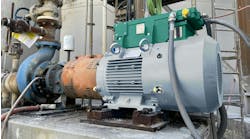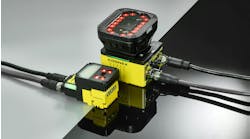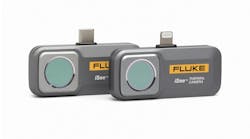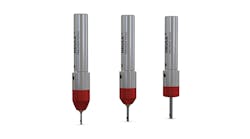Almost nothing improves on titanium alloys for engineering applications that require a high strength-to-weight ratio — the specific strength of titanium is comparable to high-strength steel alloys — but titanium is particularly in demand for components that must endure high operating temperatures or maintain high corrosion resistance.
That means aerospace applications, like airframe components as well as landing gears, and other high-strength, lightweight designs. Titanium forgings also may be found in shipbuilding, pressure vessels, heat exchangers, chemical processing applications, and in medical devices and surgical implants.
Forging titanium alloys is difficult because the workpiece must be shielded from oxygen, nitrogen, hydrogen, and carbon during heating, typically by a preheating coating to protect the surface.
Also, forging processes for titanium alloys must be planned and conducted carefully to maintain forging die and workpiece temperatures, as heat losses may produce defective parts.
Still, the high value of titanium forgings persists, and in the high-demand aircraft and aerospace applications there are few if any design alternatives. All this makes a new open-die press design that much more significant.
Recently, Western Superconducting Technologies Co. Ltd., (WST) in Xian, Shaanxi Province, China, successfully started up a two-column, high-speed open-die forging press for titanium alloys, supplied by SMS group. The machine achieves a maximum press force of 63 MN (6,424 metric tons) and an upsetting force of 80 MN (8,158 metric tons), with precision and reliability
WST manufactures and distributes titanium-alloy, superalloy, tantalum, and superconducting materials, and related products, and the new press gives it the means to manufacture products for aerospace and other customers.
Thanks to advanced hydraulic and control systems, the new press forges highly demanding and temperature-sensitive materials, such as titanium and titanium alloys, “in a technologically perfect way,” according to the SMS announcement.
The installation also includes two integrated rail-bound manipulators for forgings weighing up to 25 metric tons — “accurately to the millimeter and perfectly synchronously with the press stroke, even at very high stroke rates.” The rail-bound manipulators help to boost forging throughput.
A mobile, eight-metric ton loading and unloading manipulator is available also.








